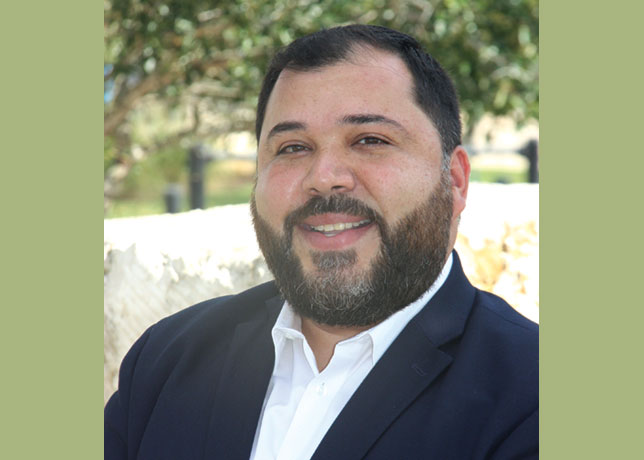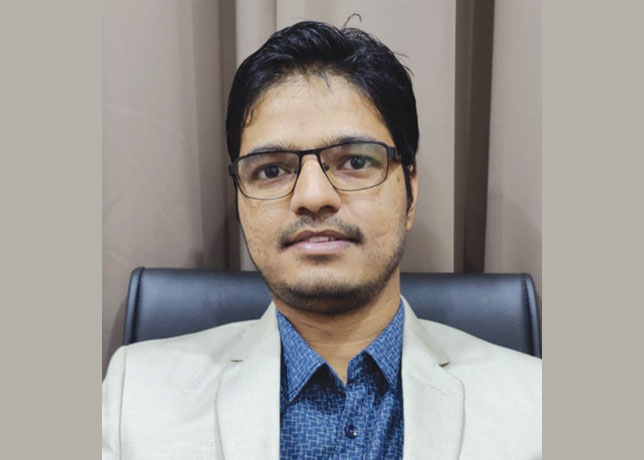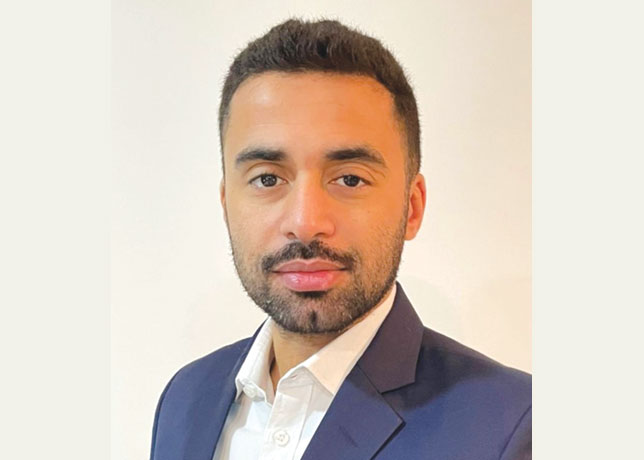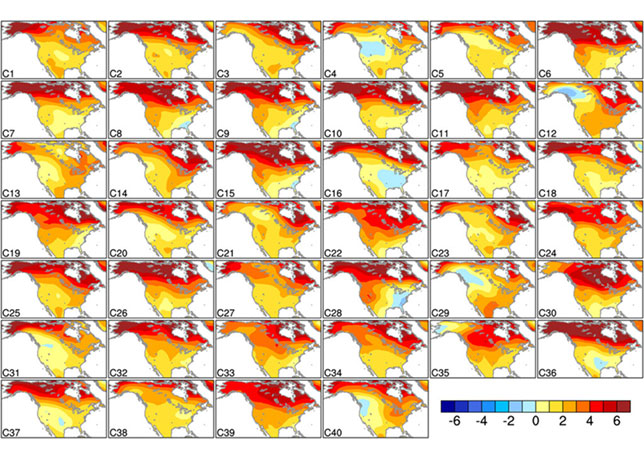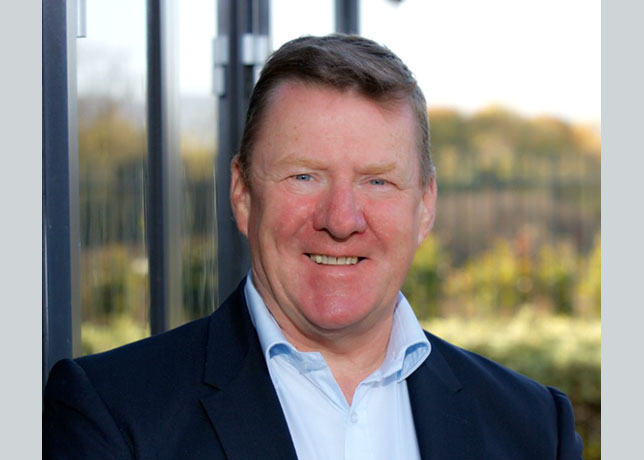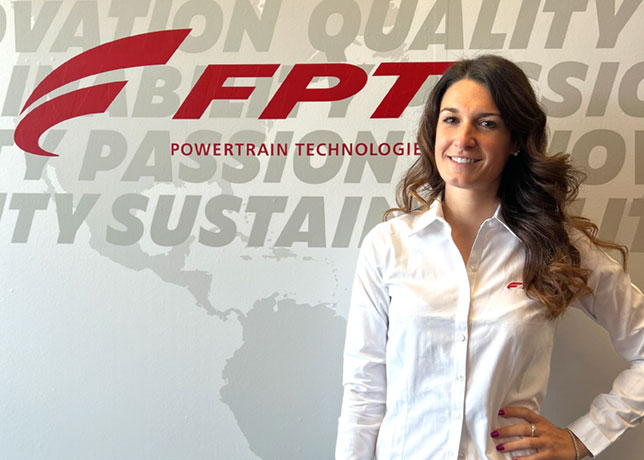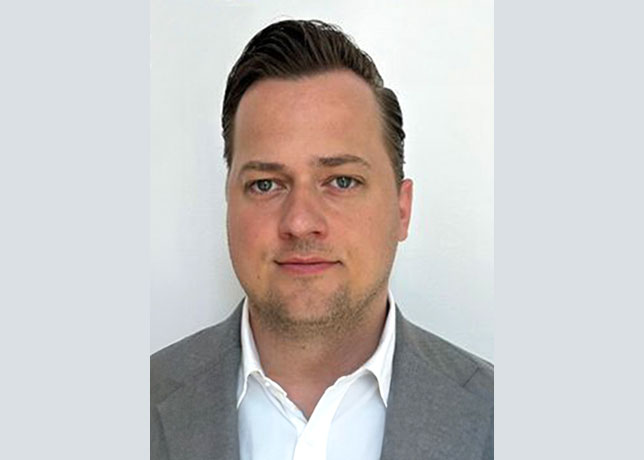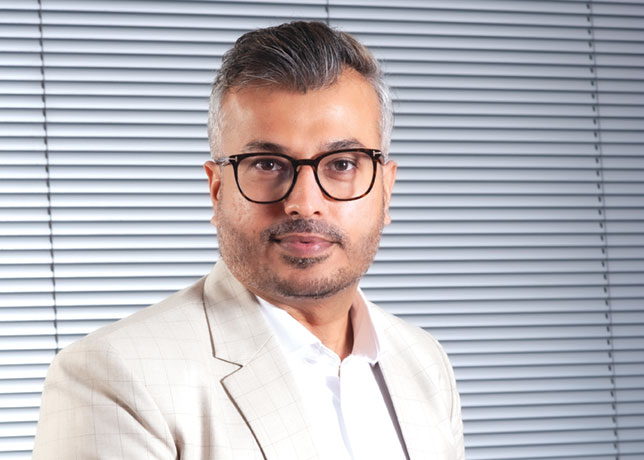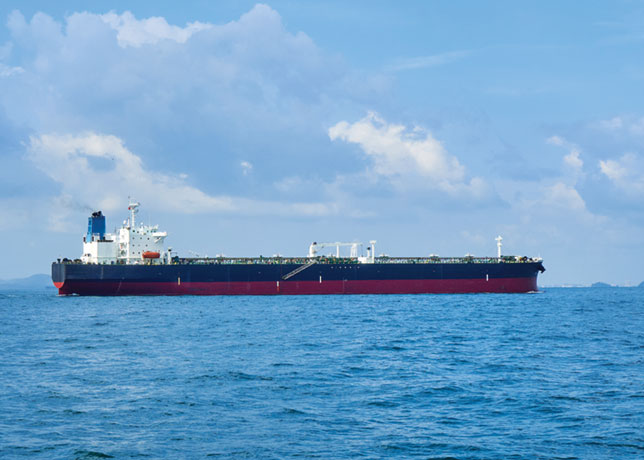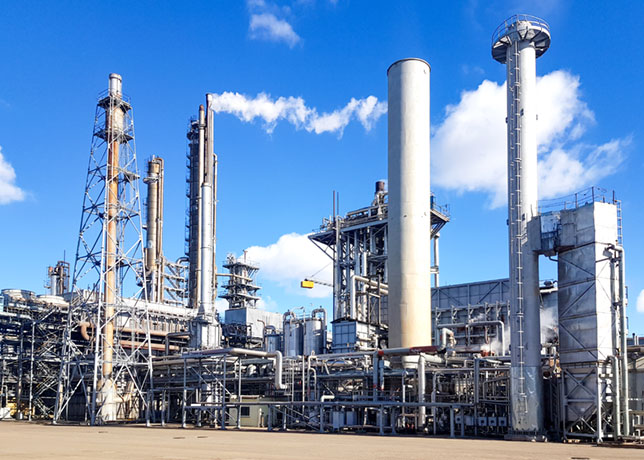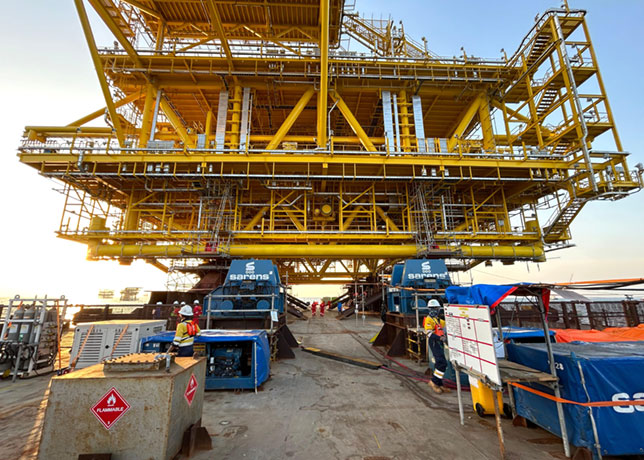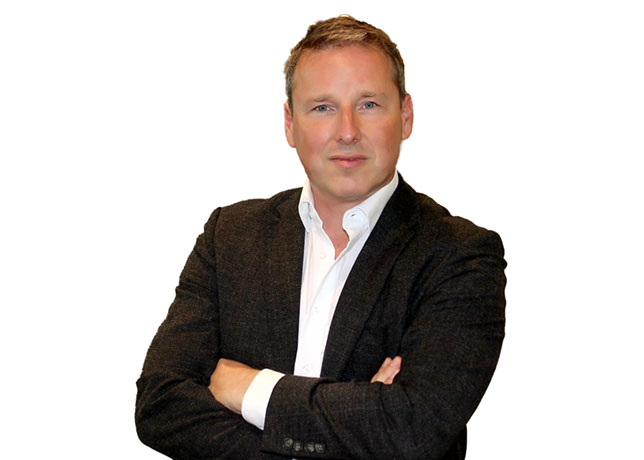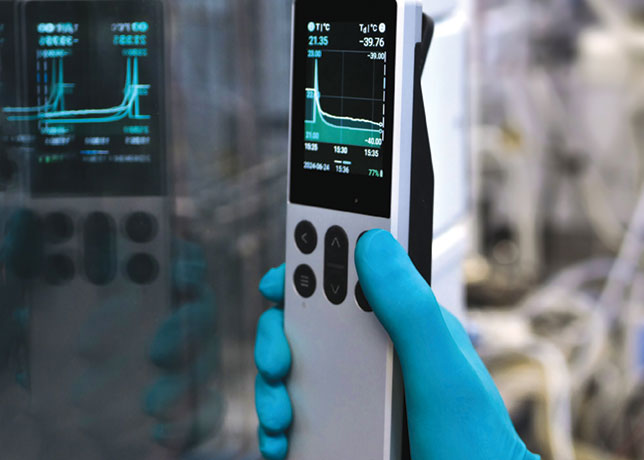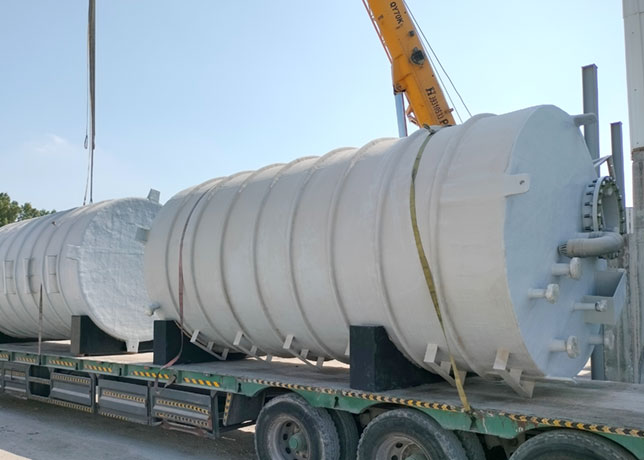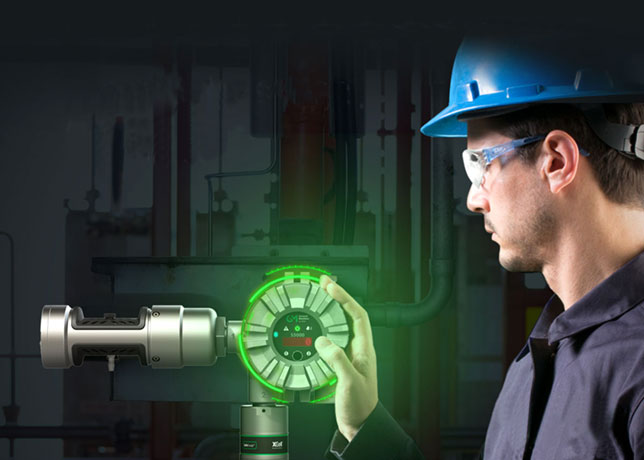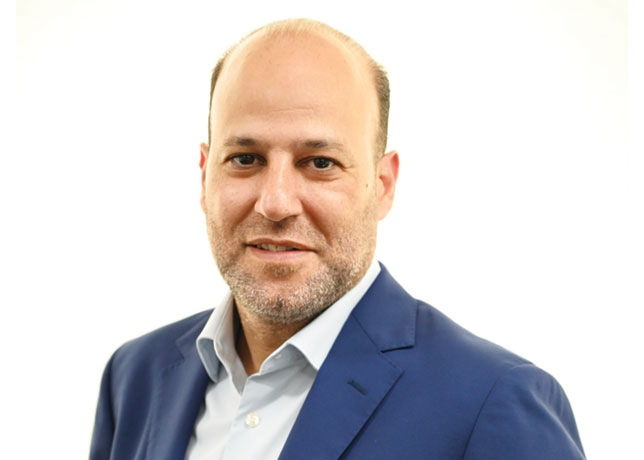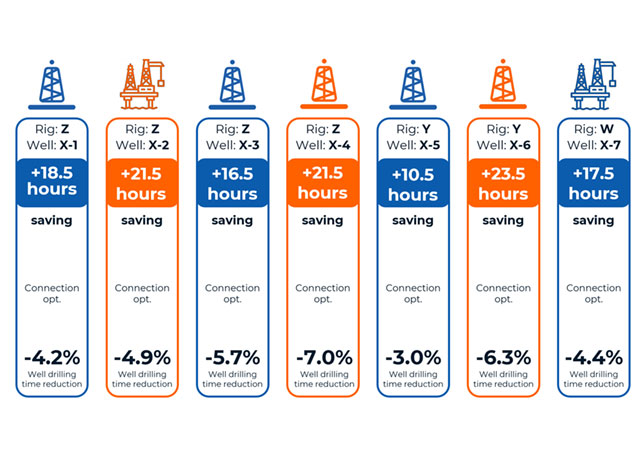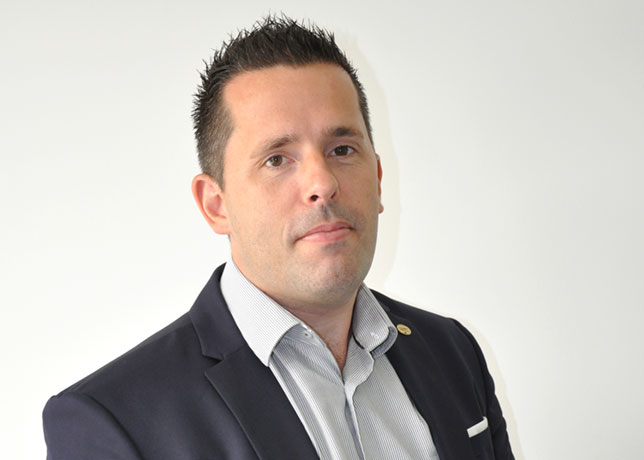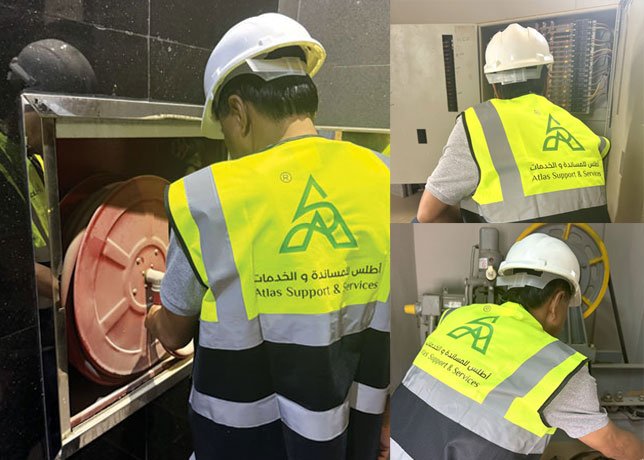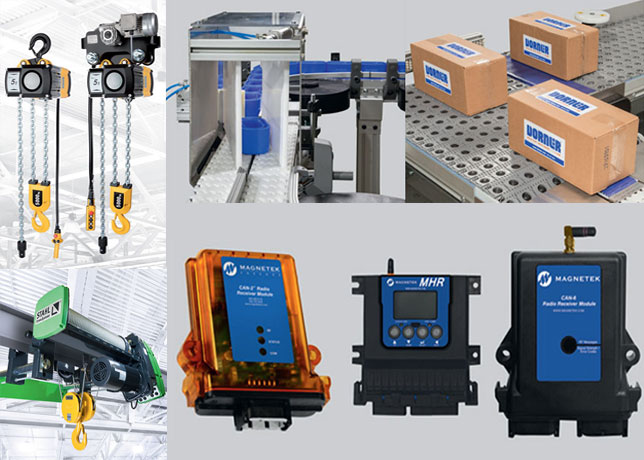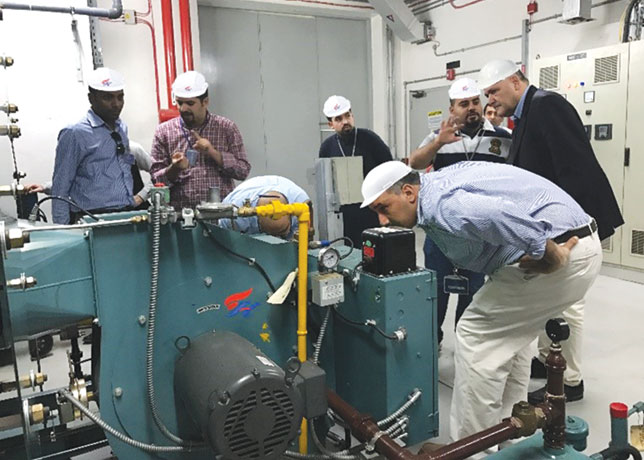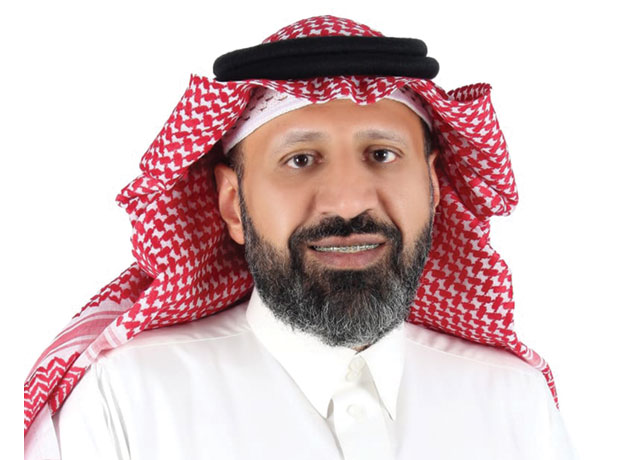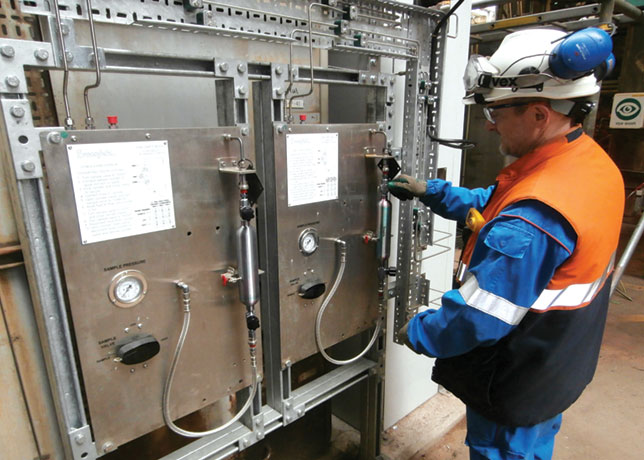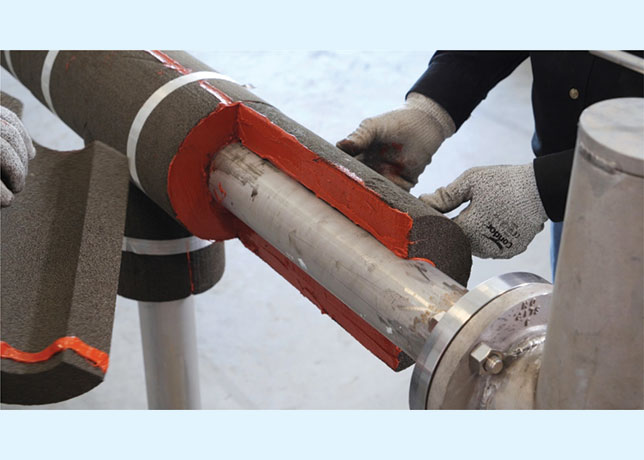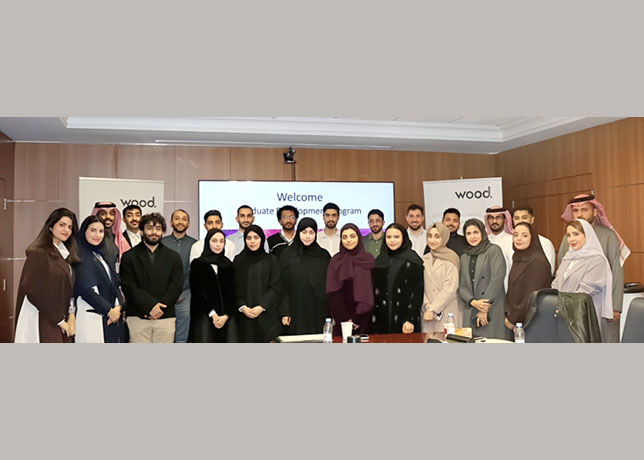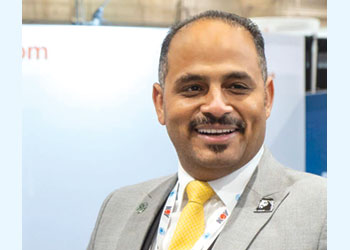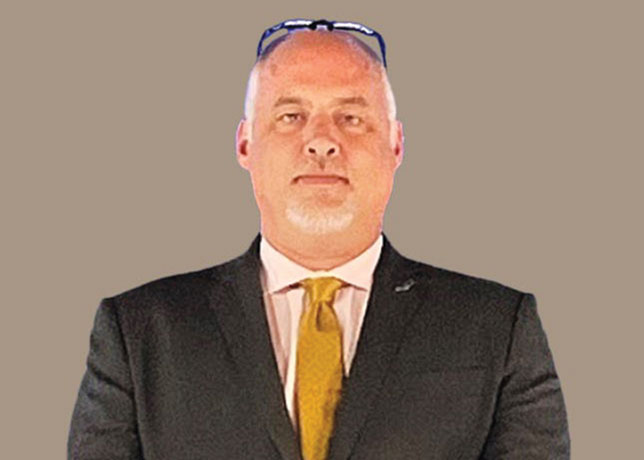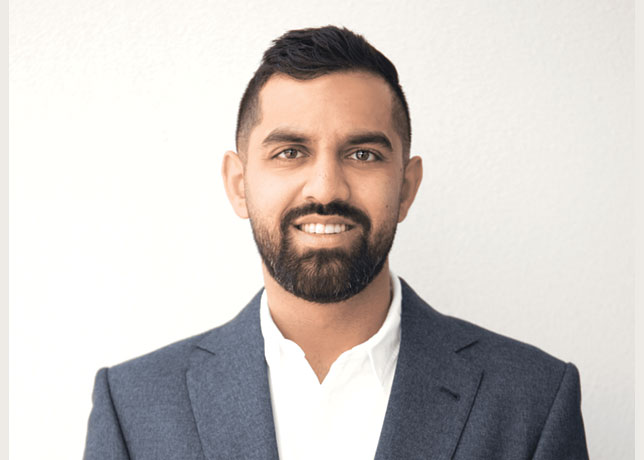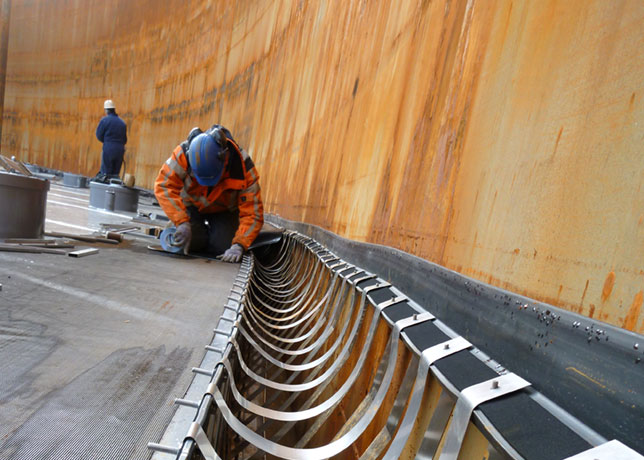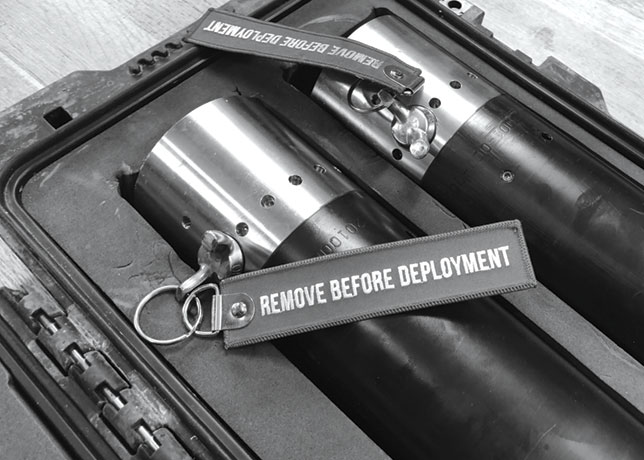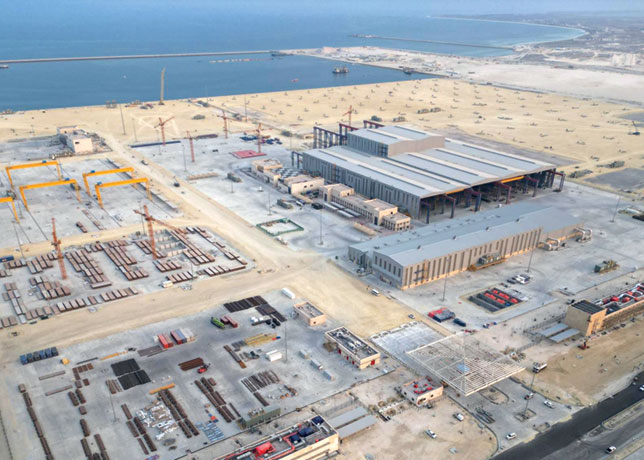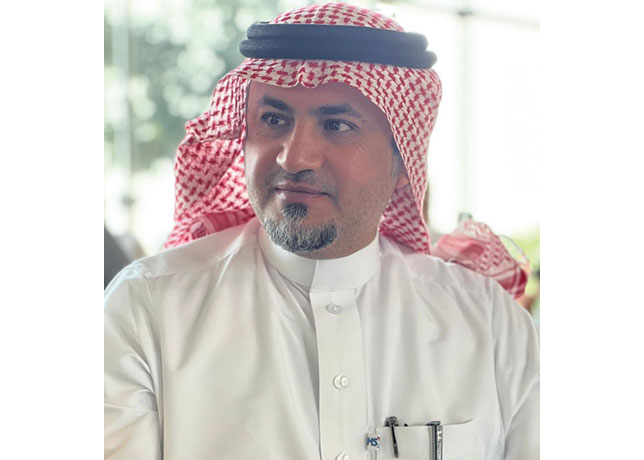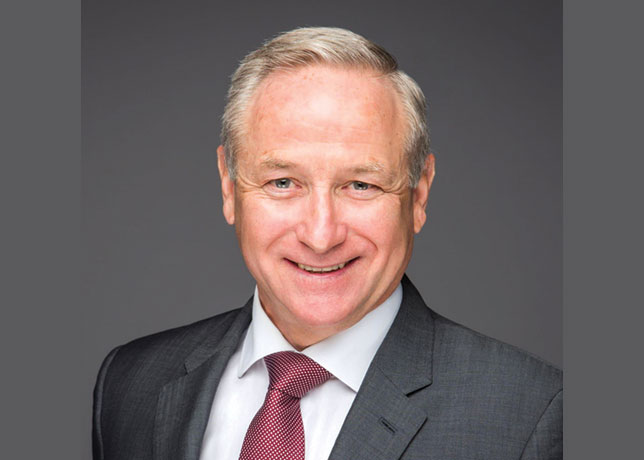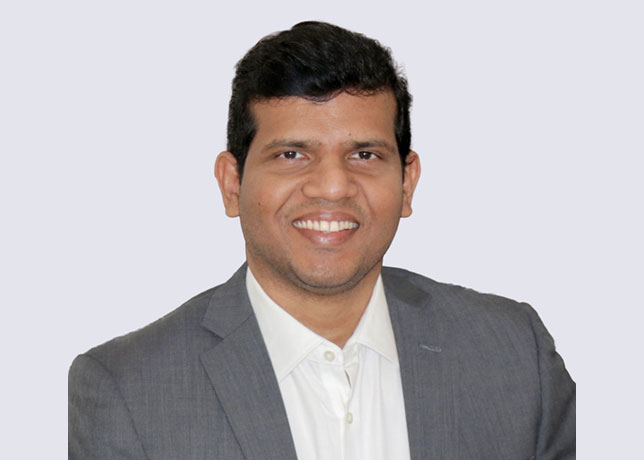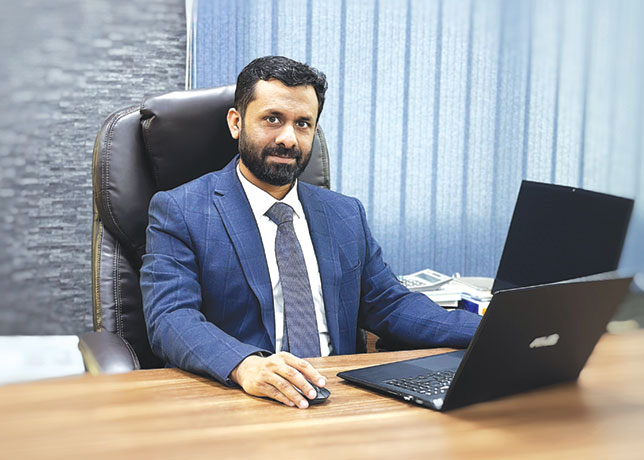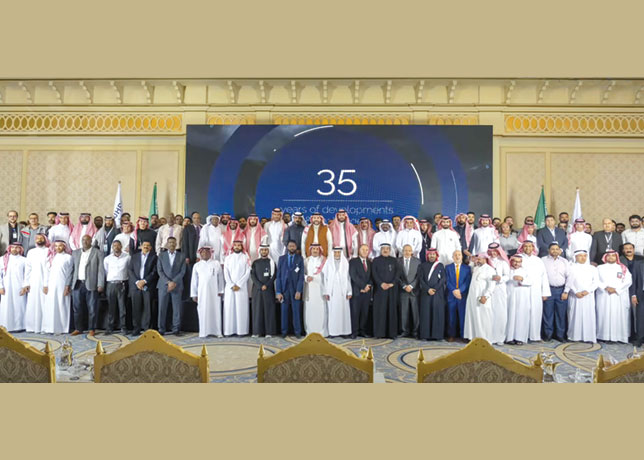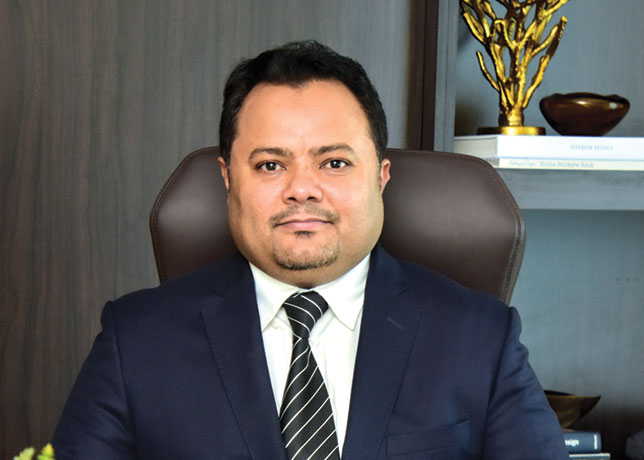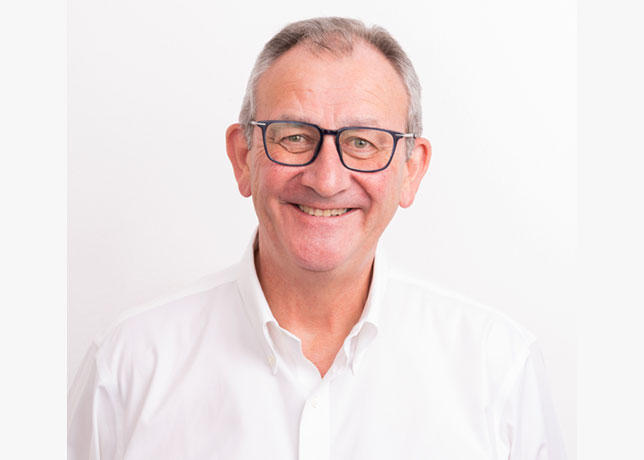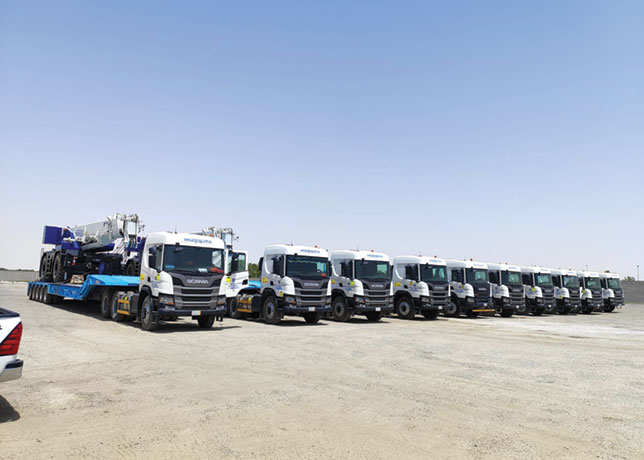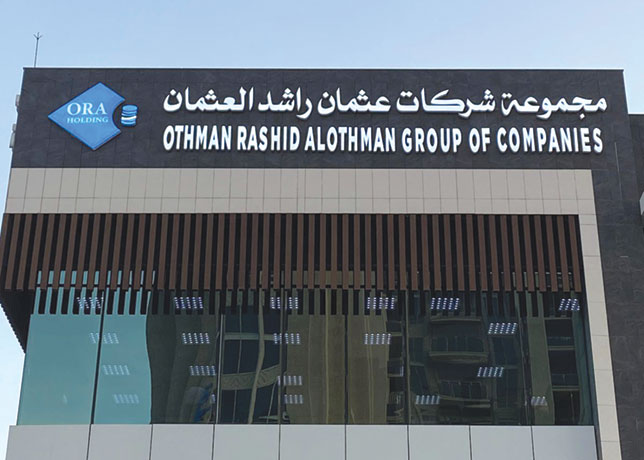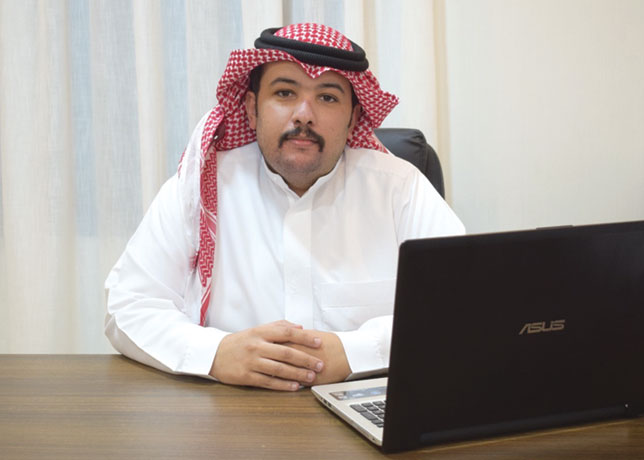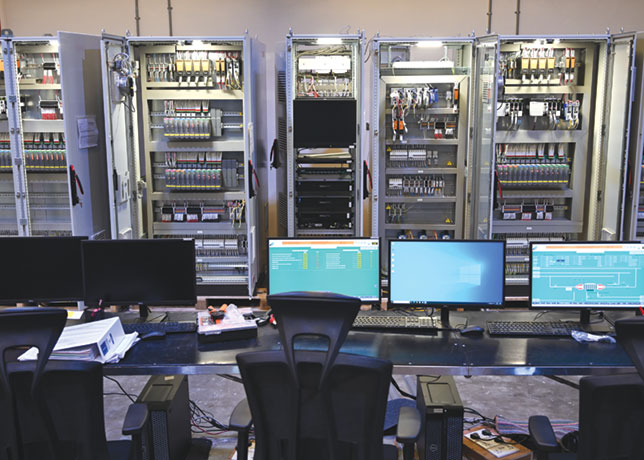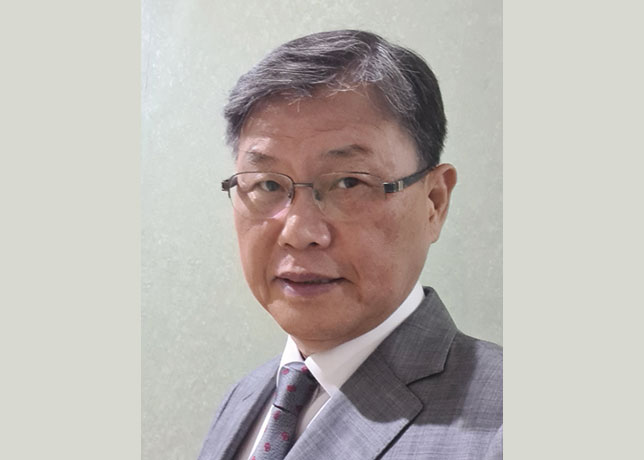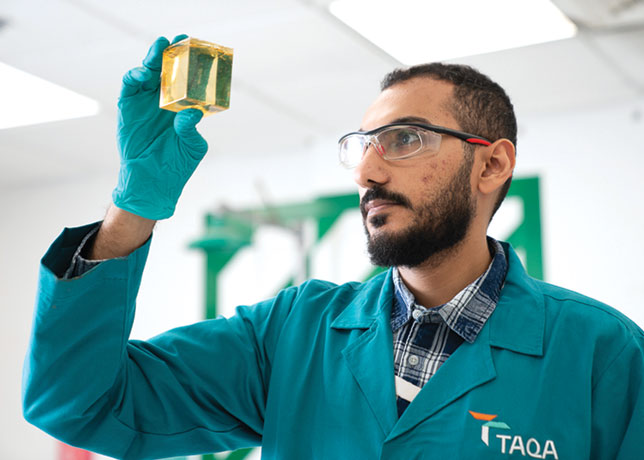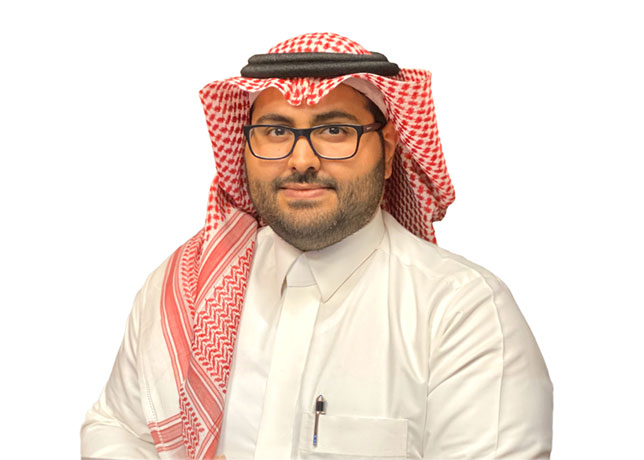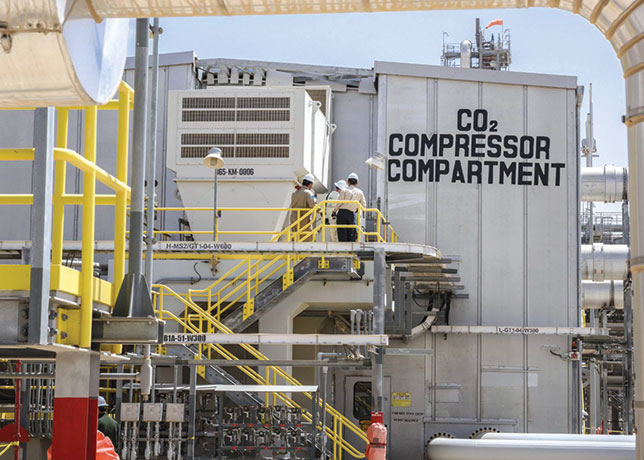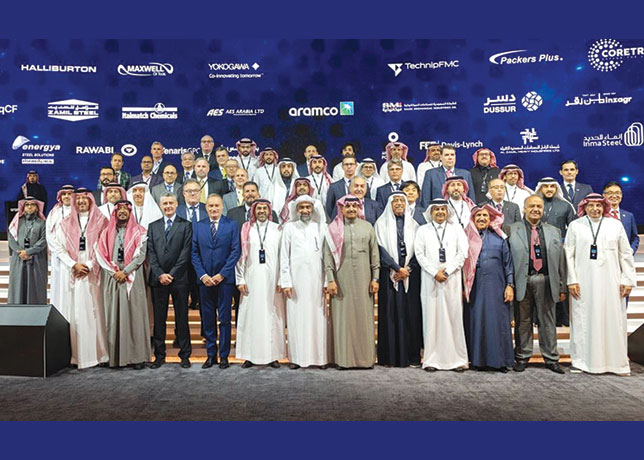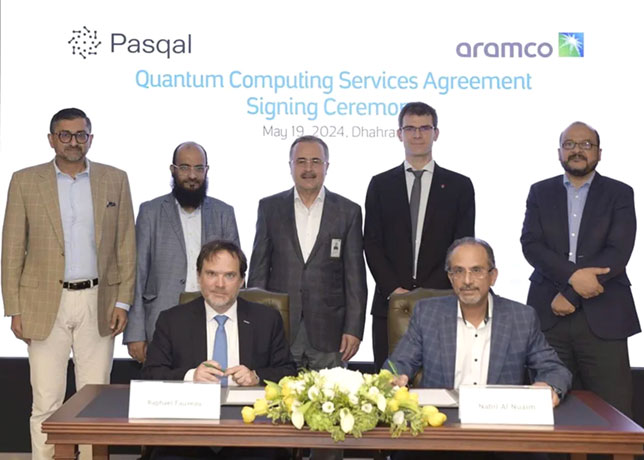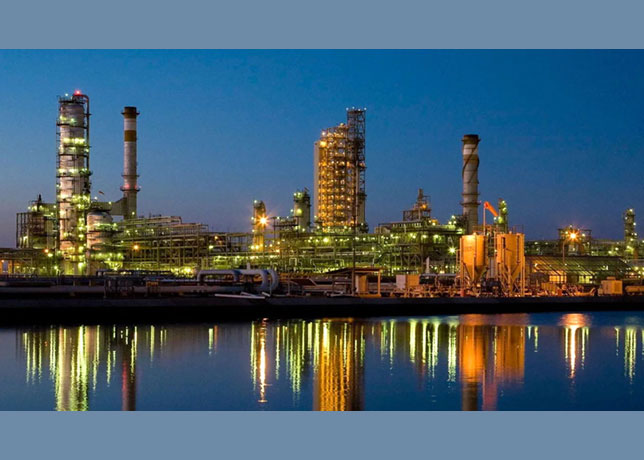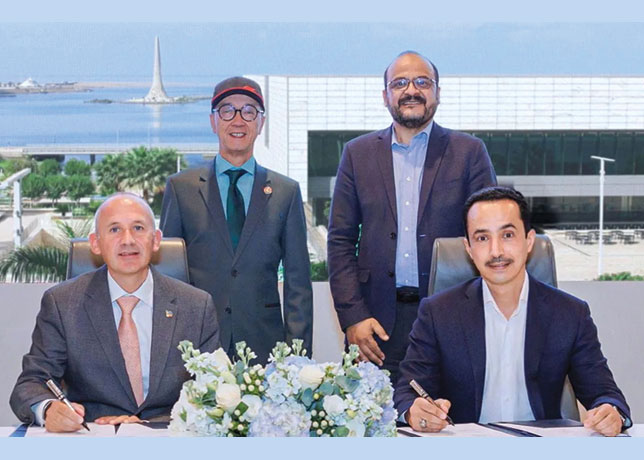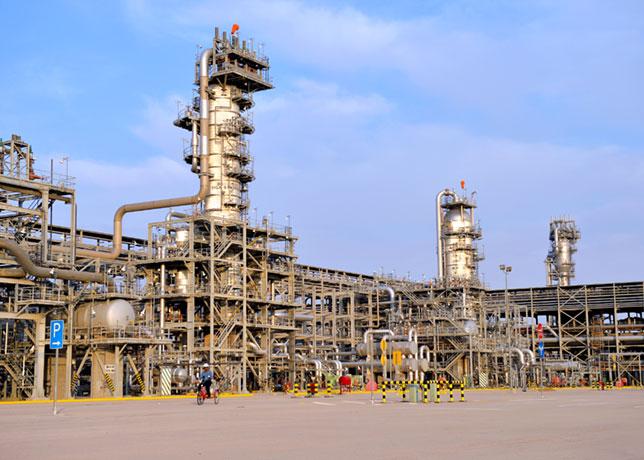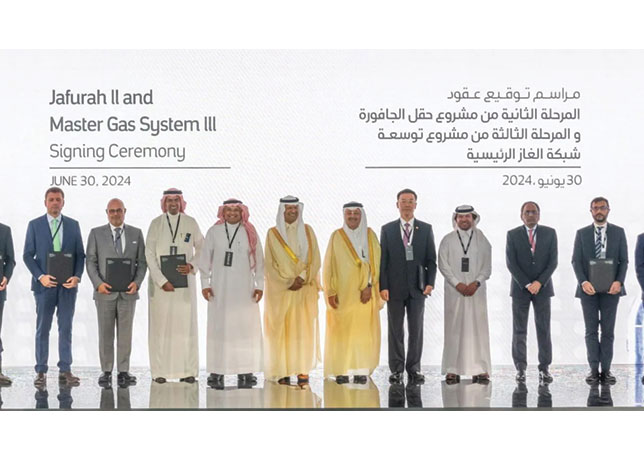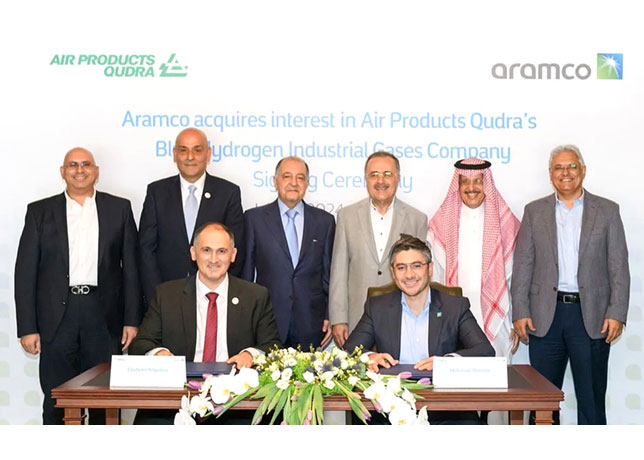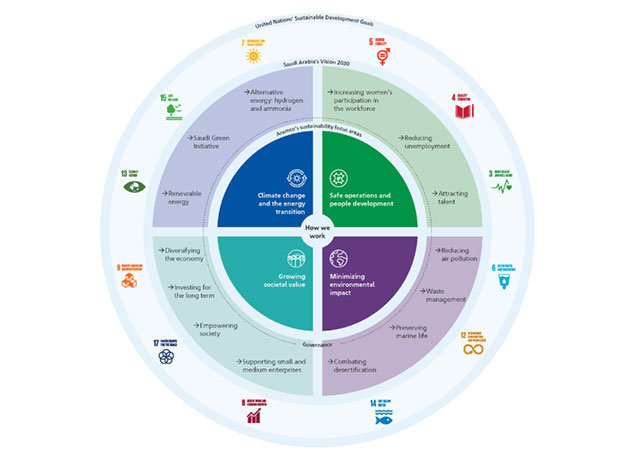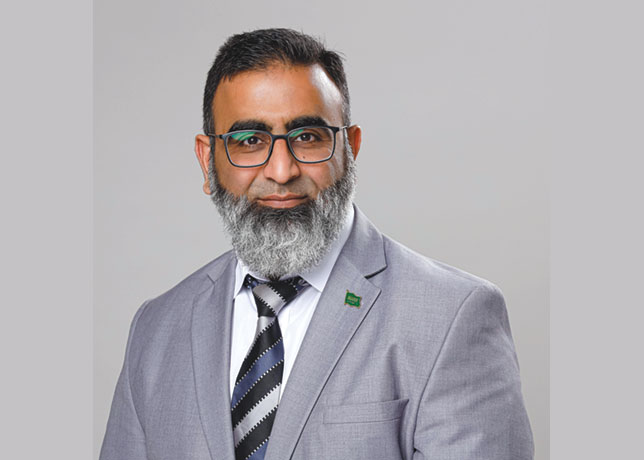
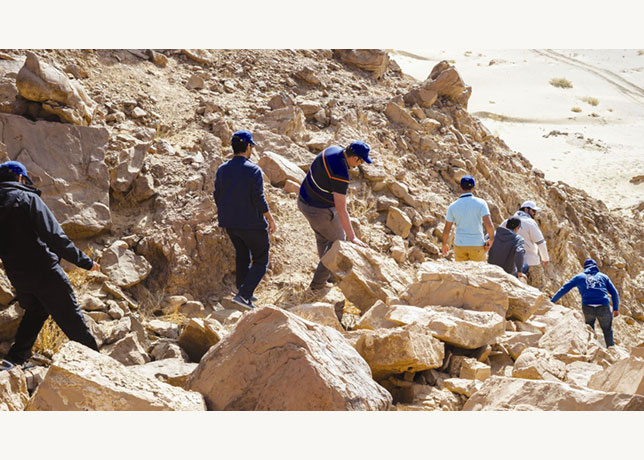 Geoscience Train participants on a geological trip in Hail as part of their field studies
Geoscience Train participants on a geological trip in Hail as part of their field studies
Aramco’s leadership in the upstream sector stands as a testament to its enduring commitment to excellence and innovation. This distinguished position is not merely a reflection of its achievements but also a result of a proactive approach to overcoming challenges with determination and creativity.
Central to its success are its cutting-edge training programmes, which are designed to prepare its professionals for the complex tasks ahead.
From its early days in oil exploration, the establishment of Jabal School marked the beginning of a strong tradition in employee education and development. This pioneering spirit has evolved into a robust framework of training initiatives that continue to drive progress and ensure that the workforce is well-equipped for the future, says an article on Aramco website.
THE GEOSCIENCE TRAIN
Aramco's Exploration organisation represents the company's backbone for discovering, recovering, refining, and marketing oil. It places great importance on education and training, to ensure these operations continue performing effectively.
Over the years, as valued team members retired, the organization faced a loss of key skills and knowledge. This issue was exacerbated by the high volume of young graduates hired directly from various education programmes. To address this, a solution was needed to preserve these crucial skills and ensure a smooth transition, thereby supporting the success of new employees.
To expedite the development of these young employees and enhance their learning experience, a training programme was introduced. The "Geoscience Train" programme was designed to facilitate on-the-job learning and enable the transfer of expertise and knowledge from experienced staff to new hires, ensuring the quality of their output.
The programme focuses on building the participant’s strengths in geology and geophysics through a mix of educational courses and field applications. It selects mentors from different specialties and backgrounds to align ideas with expertise and close the scientific gap between the new and seasoned employees.
FOUR PHASES
The Geoscience Train route was divided into four phases through which new employees undergo their extensive training. Each phase of Geoscience Train includes intensive study to meet the new graduates' needs in geology, geophysics and other related fields.
Phase one focuses on geophysical methods and includes a mix of training courses, presented by world-class experts, and practical applications to reinforce the basic concepts and principles of geophysics; Phase two focuses on petroleum systems, including petroleum geological principles and tools, as well as major oil and gas exploration technologies; Phase three includes applying tools and techniques to fully understand the process and operations of oil and gas reservoir exploration, and identifying causes of success and potential risks in the exploration process; and Phase four focuses on building 3-D models for oil and gas fields and reservoirs, and evaluating oil and gas reserves by using well logs and geophysical and petrophysical information.
After completing the Geoscience Train programme, the best fit within Exploration division for the candidate is decided based on three factors: identifying the needs of work; mentors’ evaluation of the graduates’ skills; and candidate preference.
The Geoscience Train programme was launched in November 2013 and many batches have graduated since then.
Currently, three groups graduate each year, allowing Exploration to have approximately 60 employees able to choose their appropriate specialisation. There are plans to expand on the success of the programme with a recruit-to-retire integrated development programme, says the article on the website.
During the five years following the Geoscience Train program, Exploration seeks to enable 75 per cent of the employees to obtain a master’s degree, along with continuing the scholarship programme for postgraduate studies. In an agreement with the University of Leeds, a leading UK university, Exploration nominates employees to pursue a master’s degree in the kingdom while they are still on-the-job. The goal is that ten years after the completion of the Geoscience Train programme, the employee is qualified to be a world-class professional in his or her area of speciality, and will have the ability to lead and train new employees, continuing the cycle of the Geoscience Train programme, it says.







































































